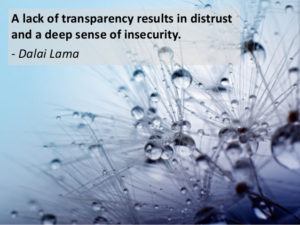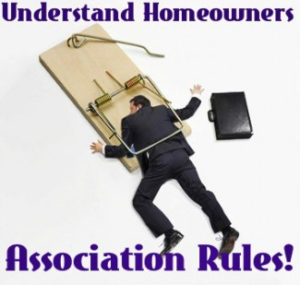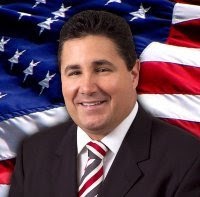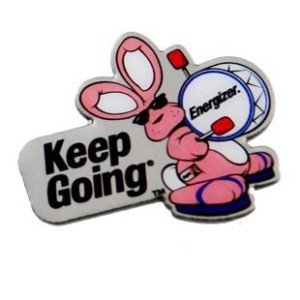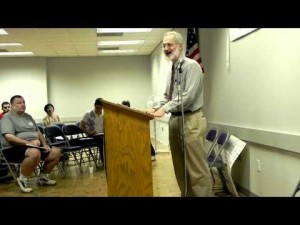I hate using the word community when talking about HOAs. “Community” infers a sense of belonging, of having similar goals and interests and a way of communicating together to further those interests. In an HOA the ties that bind everyone go much deeper than simply sharing the same goals. Like it or not, the private fortunes of the entire neighborhood are at risk. It is incumbent on everyone in the neighborhood to know exactly how much is in the collective kitty and where the money is kept. I can’t imagine a single governing document that would deny a homeowner the right to inspect the books and records. Nor can I imagine any governing document prohibiting the members of the association from “communicating” with other members of the so called “community”. Unfortunately the unimaginable is all too common place.
Mark dos Santos joins us On The Commons. Mark owns several homes in different associations in different states. For the most part there are no major problems that he is aware of. So based on his experiences with the problem free HOAs he probably would never have stepped back to take a look at the big picture. But that one problem was an eye opener.
He started doing a little digging and didn’t particularly like what he discovered. Firsr of all, the lack of transparency made his job so much tougher. He got to thinking about it and dug a little deeper. He started looking online and discovered he wasn’t alone. He started a blog called South Carolina Homeowner’s Forum to share his findings and “communicate” with others in South Carolina. Mark has a better chance of building a true “community” with his blog than his HOA does.
 We are still Following the money.
We are still Following the money.

